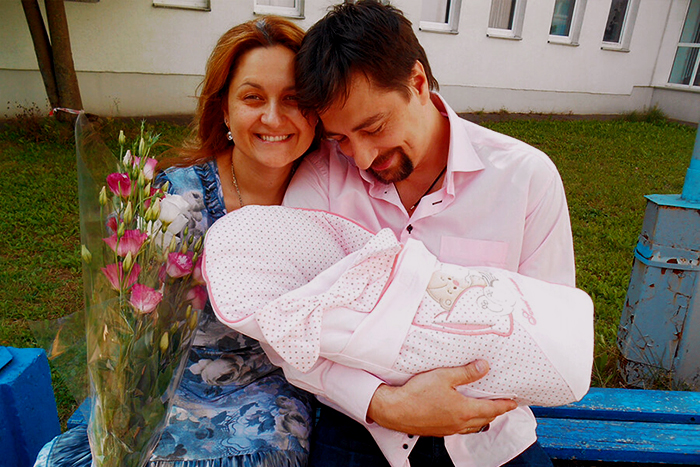
There was a rich man who helped the poor, and everybody loved him dearly. He had a big iron piggy bank mounted on his wall and an inscription in gold letters above it, which read, “God’s Piggy Bank”. When the Lord sent the rich man a happy event, such as christening, name day, or something else, his wife used to tell him:
“God has given us so much! Please invite many guests to have fun with us.”
“How many guests should I invite?” the rich man would ask his wife.
“Forty people”, the wife would reply. The rich man would then pause to think and then respond:
“You know what, my darling? There are so many poor people around us right now. Their children are crying and won’t sleep because they’re hungry. Why not invite twenty guests instead of forty, and I’ll put the rest of what I would have spent on the other twenty guests into the God’s piggy bank.”
That’s what he usually did.
When the good man heard of any disaster (a fire or a flood), he would always say to himself, “Thank You God, You have protected me from this misfortune!” and throw a thanksgiving donation into the box.
Whenever a merchant came to the rich man, the rich man would choose some goods and go to a different room to get the money but then he would cast a glance on his piggy bank and say to himself, “Why buy so much? You can do with half of that.” He would buy half of what he had intended to, and throw the money that he could have used to pay for the other half into the God’s Piggy Bank.
Day by day, year by year, the rich man’s piggy bank grew bigger and bigger.
Before he died, he convened the elders of the village where he lived and told them, “I didn’t rob my own children or something but I still managed to collect a lot of money to donate to God’s cause. I spent and wasted less than I could. You will find what I could have wasted in this piggy bank.”
When the elders opened the piggy bank, there were tears of joy in their eyes. After the rich man reposed in the Lord, people called him their benefactor. The memory of that good man will always remain in his home village. A shelter for kids, a school, a hospital, and a new stone church will remind the later generations about him and his piggy bank.
Translated by The Catalog of Good Deeds




